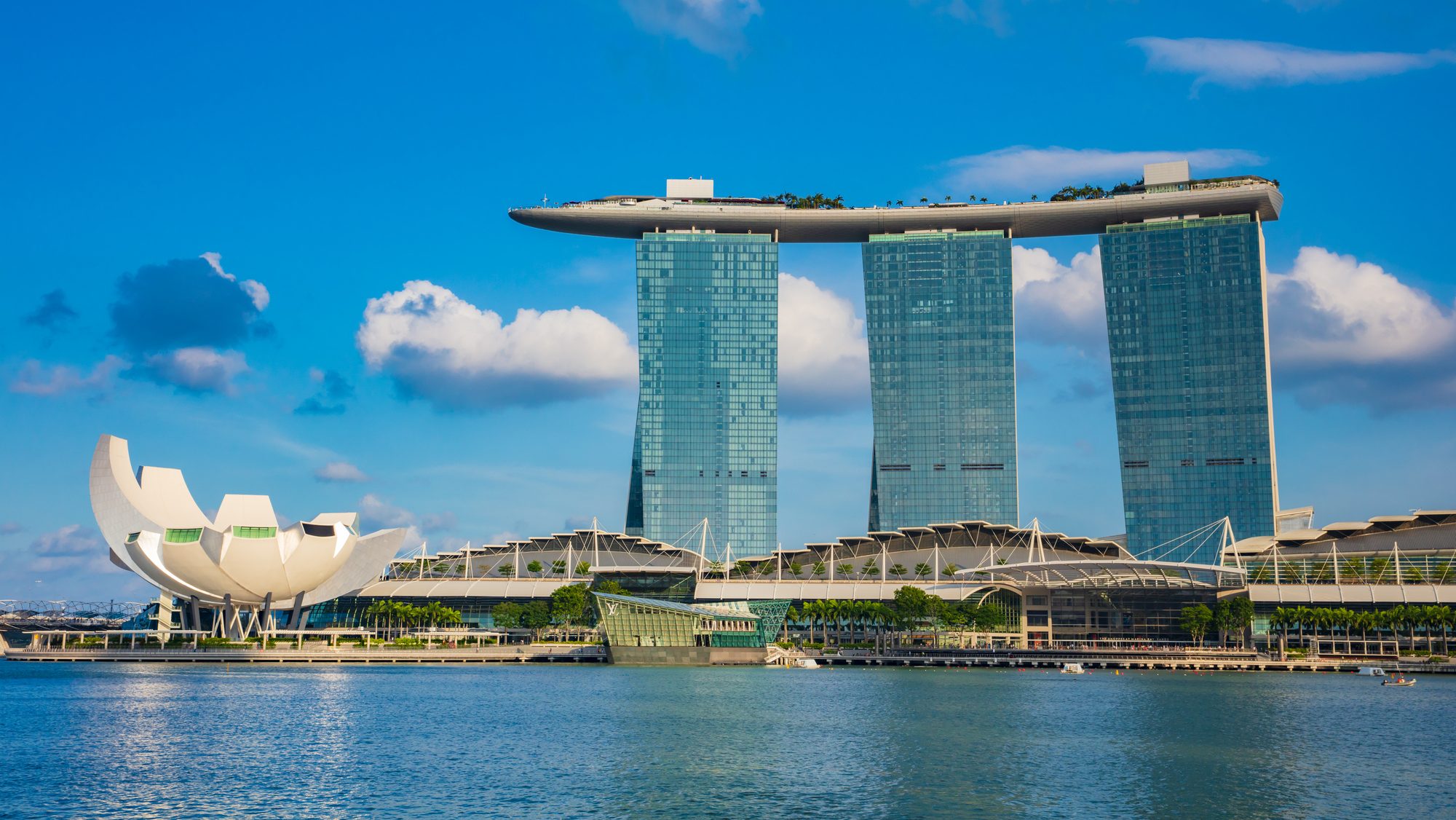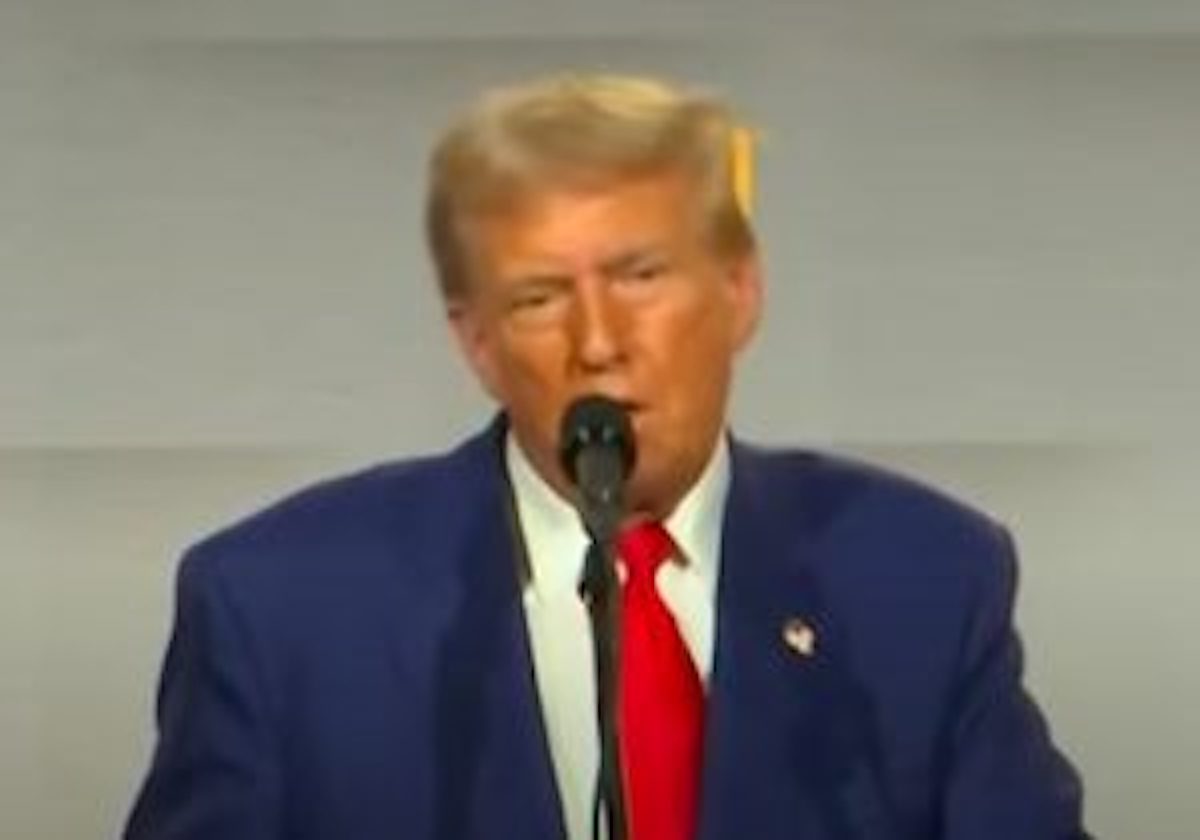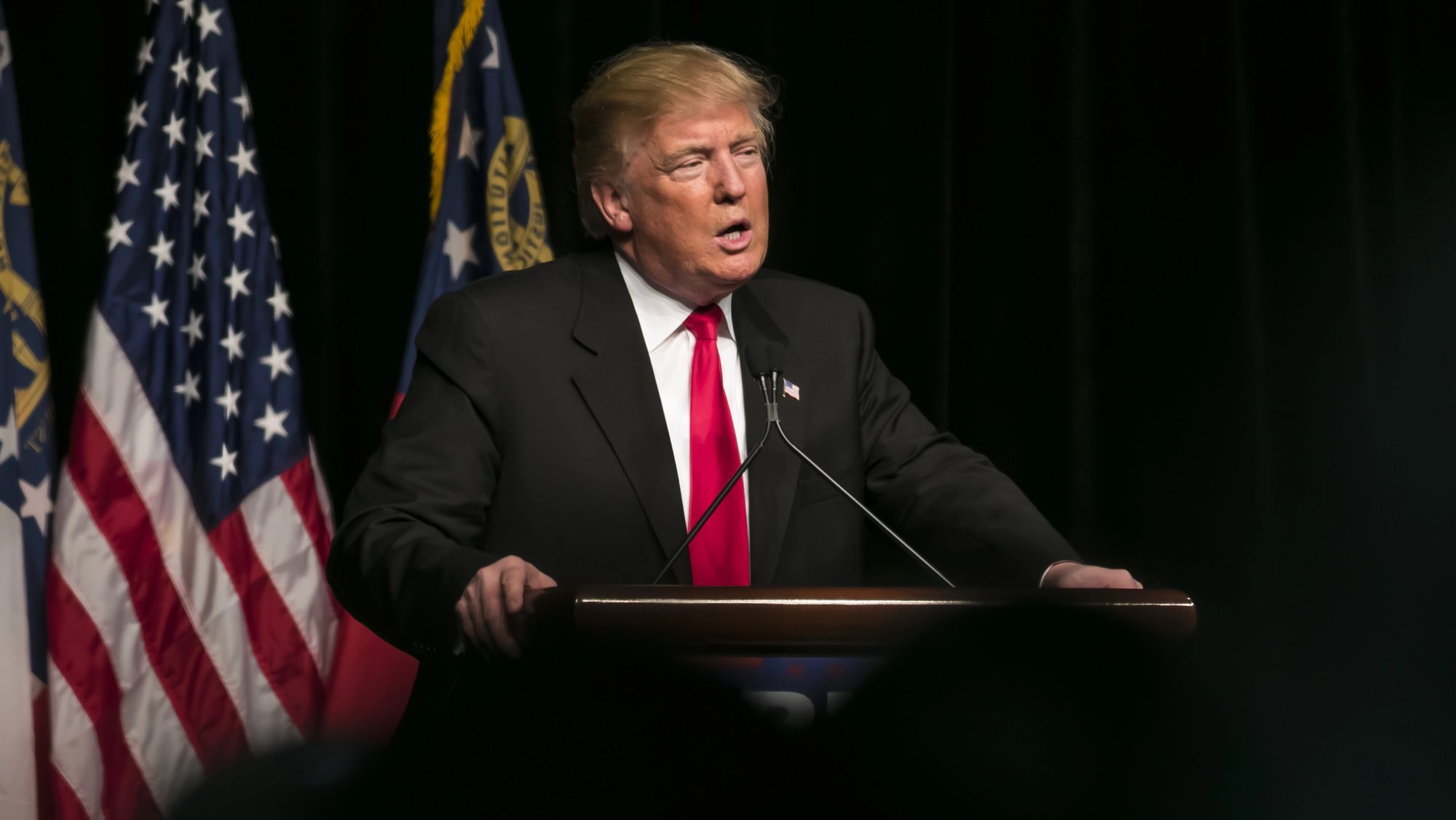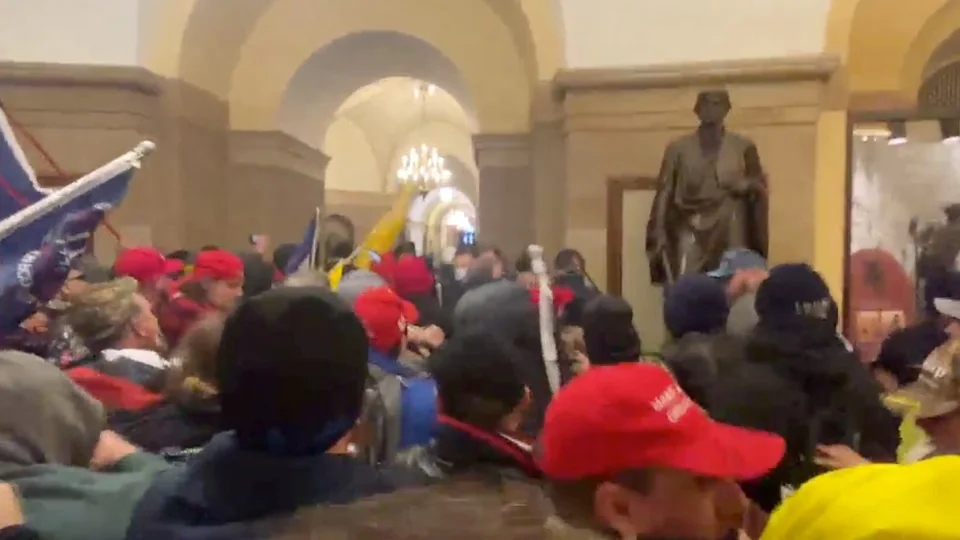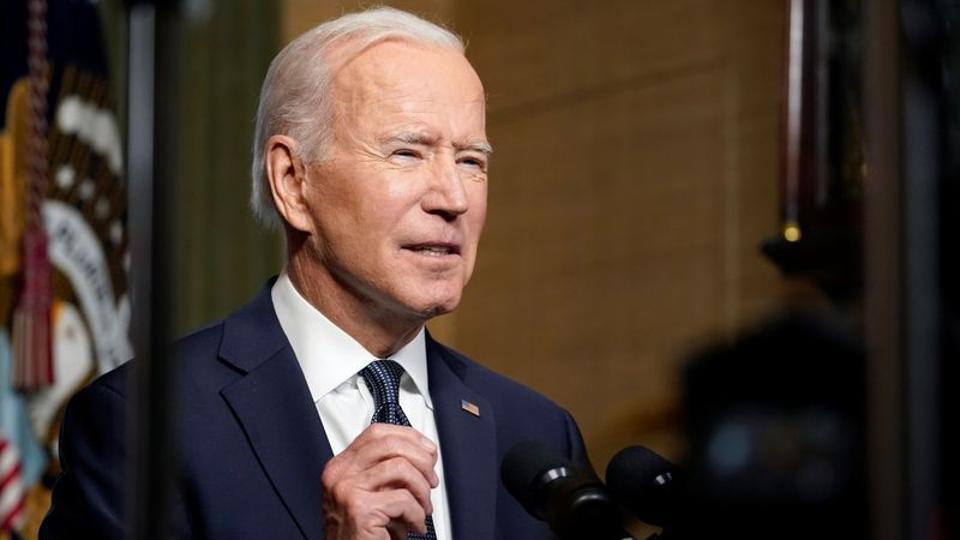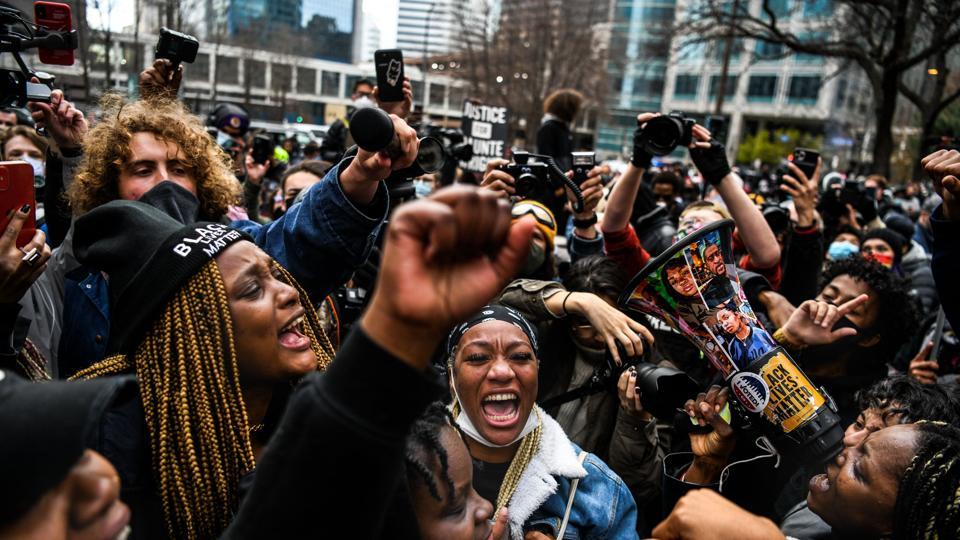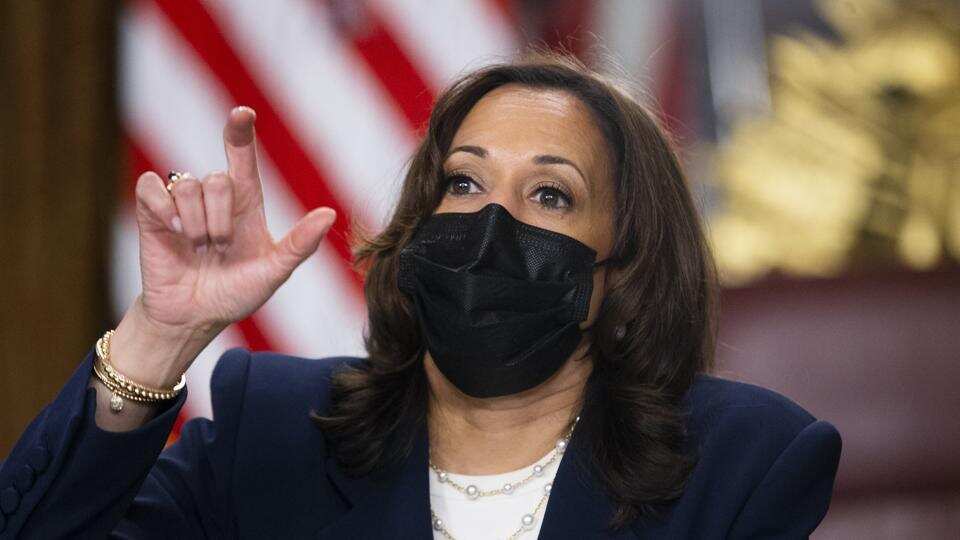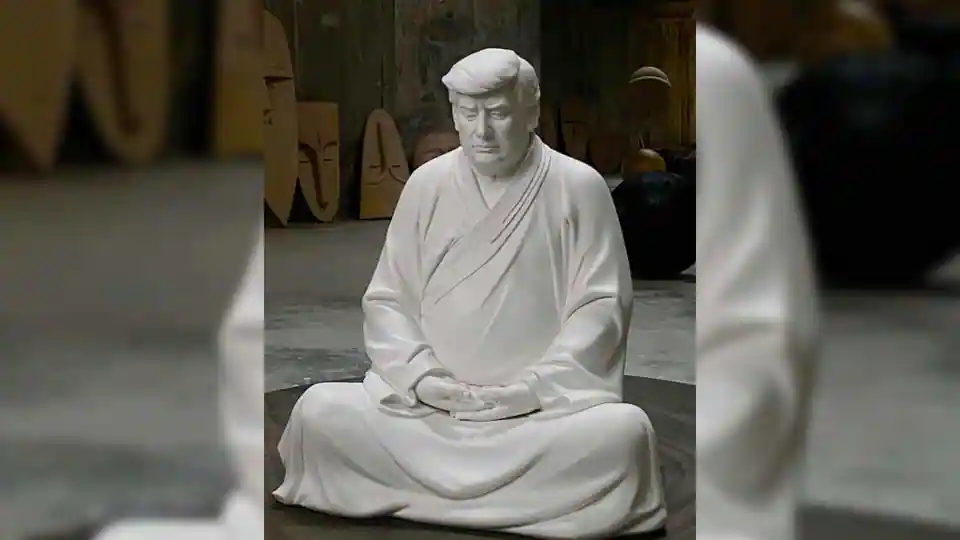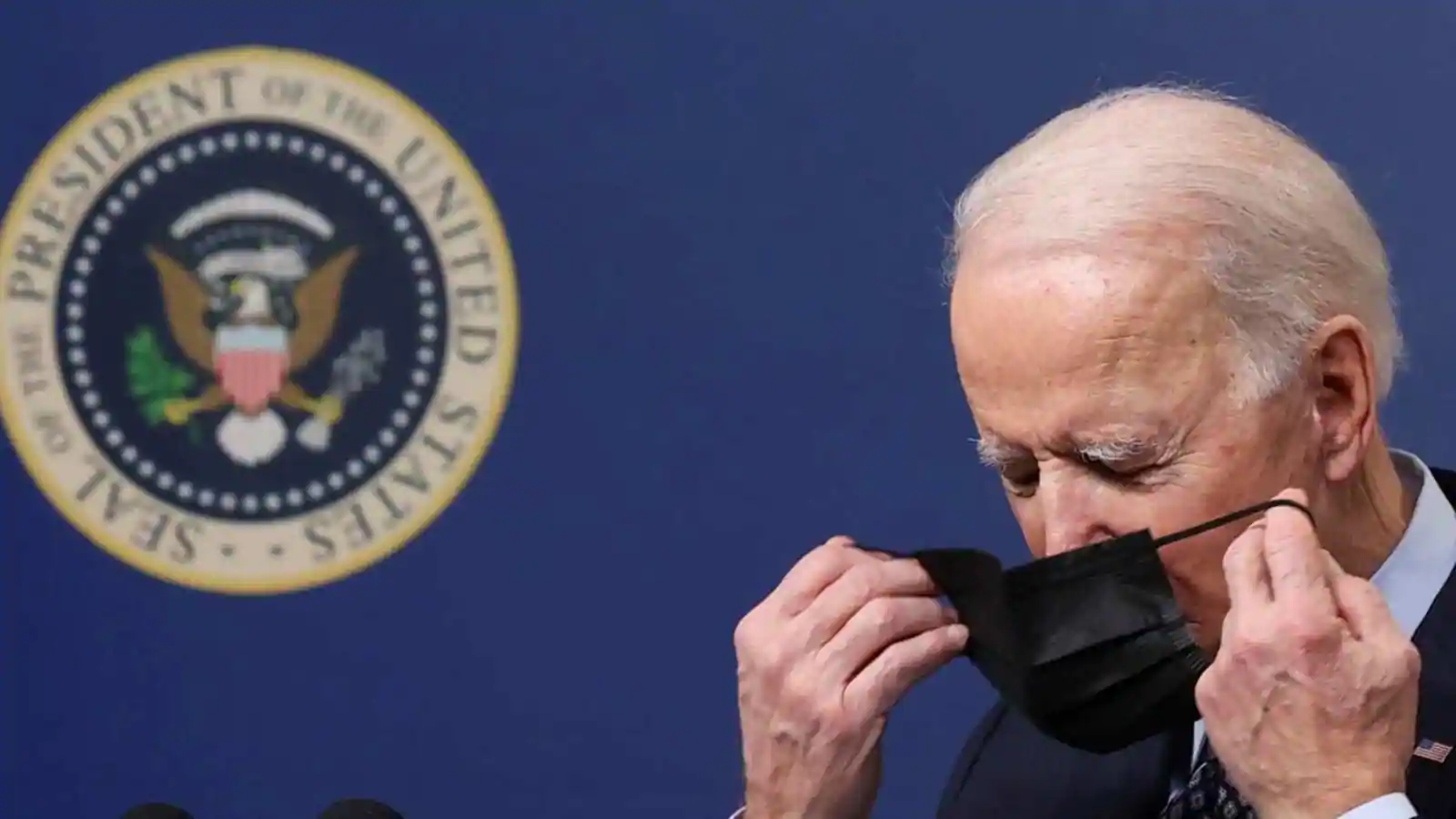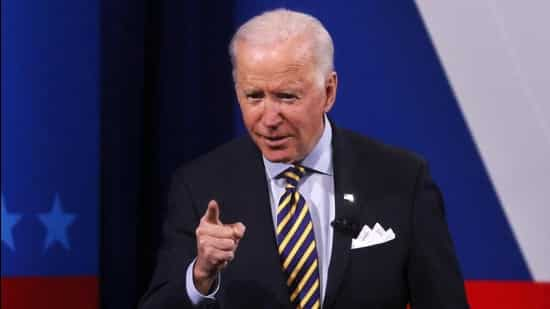Singapore is among a handful of nations that will be subject to just the 10% uniform or global baseline tariff imposed on all exports to the US. The city-state has been exempted from the much higher reciprocal tariffs imposed on its neighbours, penalised for the barriers they place on imports from the US. But as an export-oriented economy reliant on free trade, Singapore could be mauled in the trade war threatening to erupt over the US tariffs.
Deputy Prime Minister Gan Kim Yong said Singapore will have to reassess the economic outlook, which was expected to deteriorate even before President Trump imposed the new levies. In February, the city-state forecast 1%-3% growth this year, down from 4.4% in 2024.
‘Situation worse’
“I’m not saying we will definitely revise it downwards, but I think the situation has turned out to be worse” than expected, “and therefore it is necessary for us to revisit our assumptions,” said DPM Gan, who is also Minister for Trade and Industry, reports Bloomberg
While the 10% tariff applies to exports from all nations to the US, the reciprocal tariffs hit about 60 countries that run trade surpluses with the US.
Only a few other countries have been let off with a 10% tariff, including the UK, Australia, New Zealand, Saudi Arabia, UAE, Turkey, Brazil, Argentina, Colombia and El Salvador, according to the BBC. Southeast Asian nations face much higher tariffs: Malaysia (24%), Indonesia (32%), Thailand (36%), Vietnam (46%). Only the Philippines has been let off relatively lightly (17%). The levies are as high as 54% for China.
Why Singapore is disappointed
Singapore is disappointed to be subject to a tariff despite having a free-trade agreement with the US, which has a trade surplus with Singapore, said Mr Gan.
Indeed, Singapore is the only Southeast Asian country with which the US has a trade surplus.
The US goods trade surplus with Singapore was $2.8 billion in 2024, an 84.8% increase over 2023, according to the US Trade Representative’s Office. The office noted that the US goods trade with Singapore totalled an estimated $89.2 billion in 2024. US goods exports to Singapore in 2024 were worth $46 billion, up 8.4 per cent from 2023, and US goods imports from Singapore totalled $43.2 billion, up 5.6 per cent from 2023. The US is Singapore’s top trading partner in services and second largest trading partner in goods.
Although disappointed, DPM Gan Kim Yong ruled out any immediate retaliation against the tariff.
“Retaliatory import duties will just add cost to our imports,” he told the media on Thursday (April 3).
Instead, officials will seek talks over levies which threaten to have a “significant impact” on the city-state’s economy.
Money set aside
The government is bracing for a slowdown. Prime Minister Lawrence Wong has already earmarked nearly S$124 billion ($93 billion) in the 2025 fiscal year for various spending programmes, from airport upgrades to countermeasures against the rising cost of living, such as supermarket vouchers and utility rebates.
Former prime minister Lee Hsien Loong noted in a Facebook post: “For now, Budget 2025 measures provide adequate support. PM Lawrence Wong and his team will continue to monitor developments closely, and stand ready to intervene to help households and businesses if necessary.”
The Monetary Authority of Singapore said it “stands ready to curb excessive volatility” in the local currency.
Analysts’ forecasts
The tariffs on Southeast Asia were more “draconian” than feared, economist Tamara Mast Henderson wrote in a note for Bloomberg Economics. Vietnam has been hit the hardest.“Growth in Malaysia, Thailand and Singapore — where US exports amount to 8%-12% of GDP — will also get hammered,” she wrote.
Singapore is more vulnerable to a tariff-induced slowdown than other Southeast Asian countries like Indonesia, Malaysia, the Philippines, Thailand and Vietnam, reported CNA, quoting Mr Suan Teck Kin, head of research at UOB.
Singapore’s shipping, logistics and financial activities may suffer, said Ms Selina Ling, chief economist of OCBC, it added.
According to Ms Ling, Singapore will be affected if trade and economic growth slow down in China and Southeast Asia.
Investment in Singapore may also drop, said the CNA report quoting an economist.
There is speculation that low tariffs on Singapore goods could make the city-state a more attractive source of imports for US buyers.
However, DPM Gan’s disappointment with the tariff shows the government is concerned about the situation.
Featured image by Depositphotos (for illustration purposes only)
